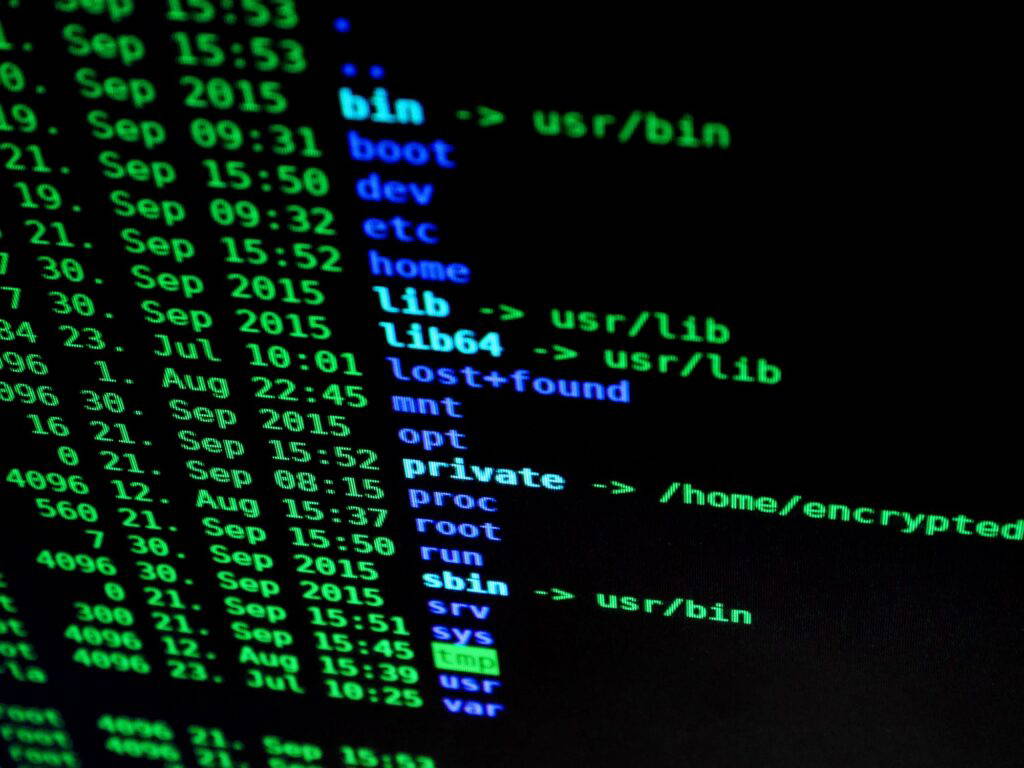
Last updated January 23, 2025
Introduction
If you own a small business, you probably don't think cybercriminals are likely to attack your business. "There's not much to steal" and "It's not worth it to them" think many small business owners. But nothing could be further from the truth. While larger businesses often have more data to steal, small businesses often have less secure networks.
What is cybersecurity?
Cybersecurity (ict security) is the process of protecting computer systems, networks, servers, mobile devices and data from digital attack, damage or unauthorized access. It encompasses a wide range of techniques, processes and practices designed to ensure the confidentiality, integrity and availability of information and systems.
Internet security is of great importance in today's digital world as businesses increasingly rely on technology for their daily operations and communications. Cyber attacks can lead to financial losses, reputational damage and theft of sensitive information.
What does cybersecurity consist of?
Cybersecurity mainly consists of the following 7 components:
- Network security: Protecting networks from unauthorized access, misuse and attacks.
- Application Security: Ensuring the security of software applications by identifying and addressing vulnerabilities and threats.
- Information security: Protecting the confidentiality, integrity and availability of data, both at rest and in transit.
- Endpoint security: securing devices that connect to the network, such as computers, cell phones and IoT devices.
- Identity and access management: controlling and managing access to systems and information based on users' identity and access rights.
- Incident Response: Preparing for, responding to and recovering from security incidents and breaches.
- Education and awareness: Training employees and users to recognize potential cyber threats and follow safe practices to minimize risks.
What can you do to protect your data?
Here are 8 things you should definitely do to protect your (small) business from cyber attacks:
- Be aware of the risks.
Step 1 is always educate yourself about the dangers that exist and the technological solutions for them. You can protect yourself better if you know what you are protecting yourself from. If you are reading this article, you are already on the right path. - Always update your software as soon as a new update is available.
Software companies are constantly working on improvements and security. As soon as a new version of software comes out, it is quickly obvious to hackers what has changed and where the weakness of the previous version lay. People still using the previous version are therefore immediately at greater risk. - Use difficult passwords and multi-factor authentication.
Needless to say. But apparently 1 in 140 Dutch people simply use "123456" as their password. Use passwords generated by a password manager to make them as difficult as possible. Multi-factor authentication makes it even more secure. This means the user must complete two steps to gain access, such as entering a password and a code obtained through another device. - Train your employees in cybersecurity.
Most cybercrime still happens the old-fashioned way by fooling people. Employees who are not skilled in cyber security are your weakest point. Clicking on an untrustworthy link, downloading malicious software or simply giving data to the wrong people can put you at enormous risk. - Back up all your data regularly.
Recovering data after a ransomware or malware attack can be incredibly costly. By making regular backups, you can avoid these costs. - Provide technical security.
Use a firewall, antivirus and anti-malware software to protect your network. - BYOD policies must be strict and clear.
If you let your employees use their own devices on the company network, establish a clear policy with strict rules for network access. If they have an insecure device with outdated software and insecure apps, they should never connect it to your company network. - Always have remote and home workers use a VPN.
A VPN creates an encrypted connection over the Internet between two devices, such as the employee's device and the company server. This way, remote employees can securely log on to the company network and access the same company applications, folders, messages, intranet sites and business e-mail as their colleagues in the office. Good VPN services provide customized settings and 24-hour support.
Are the results from your online marketing disappointing?
Request our no-obligation performance scan and we'll tell you where you're going wrong.

















 Team
Team FAQ
FAQ Vacancies
Vacancies Contac
Contac AWR
AWR Ahrefs
Ahrefs Channable
Channable ContentKing
ContentKing Leadinfo
Leadinfo Optmyzr
Optmyzr Qooqie
Qooqie Hubspo
Hubspo Semrush
Semrush




